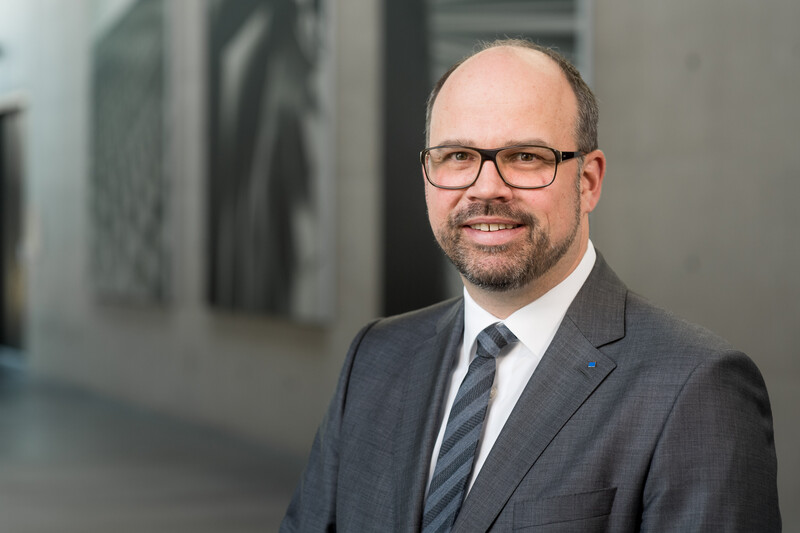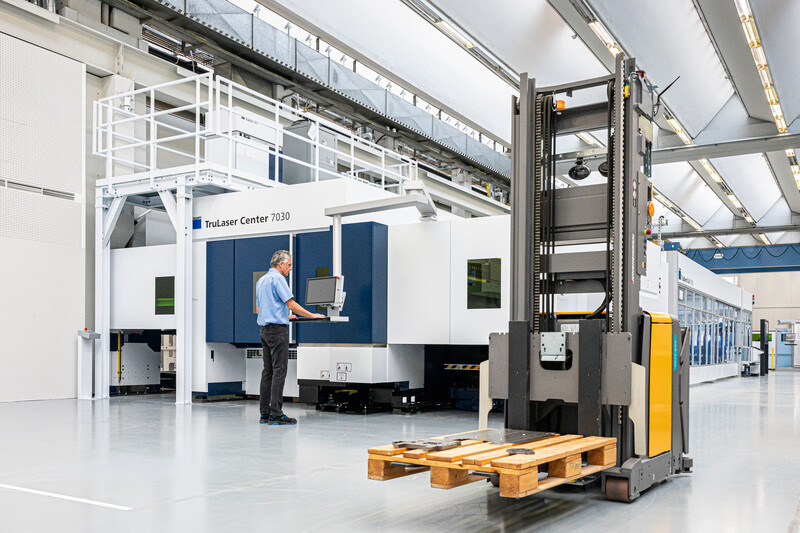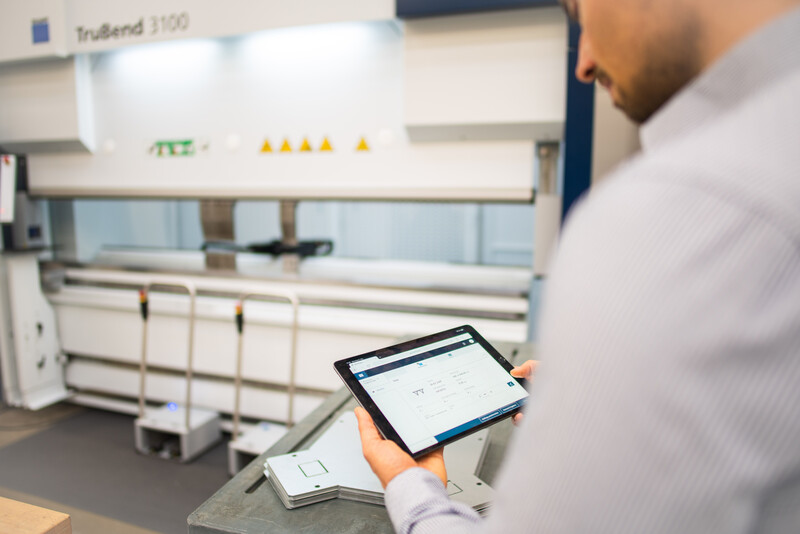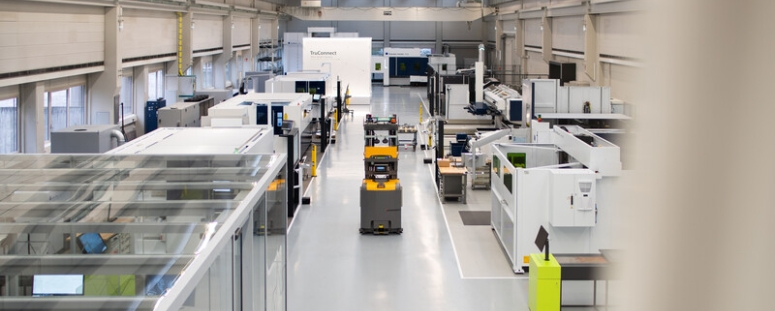
Metal-Interface spoke to Tom Schneider, Managing Director for Research and Development at Trumpf Werkzeugmaschinen, one of the world's leading companies in machine tools for flexible sheet metal processing and industrial laser technology. With an annual turnover of 5.4 billion euros and a strong global presence, Trumpf is a beacon of innovation and technological excellence.
Global challenges and customer needs
Tom Schneider explains that the traditional practice of developing products in core markets such as Germany, Austria and Switzerland and then marketing them globally has become obsolete. In a globalised world, all customers - from the USA to India and Mexico - have similarly high demands. This presents Trumpf with the challenge of continuously adapting its strategies.
Innovative strength through diversity and self-disruption
 According to Tom Schneider, Trumpf's innovation strategy is based on the involvement of young talent and the promotion of self-disruption. For example, the company allows employees to play an active role in start-ups such as Optimate or ScaleNC. This external development, along with the validation of new ideas, ultimately strengthens the company as a whole.
According to Tom Schneider, Trumpf's innovation strategy is based on the involvement of young talent and the promotion of self-disruption. For example, the company allows employees to play an active role in start-ups such as Optimate or ScaleNC. This external development, along with the validation of new ideas, ultimately strengthens the company as a whole.
Strategic reorientation and service orientation
 The company's current strategic reorientation aims to address questions surrounding the role of services in 2030. Tom Schneider emphasises the importance of a service-first approach to offer customers maximum efficiency with minimum energy consumption and a low carbon footprint. He notes that this new focus on sustainability and efficiency directly responds to customer needs.
The company's current strategic reorientation aims to address questions surrounding the role of services in 2030. Tom Schneider emphasises the importance of a service-first approach to offer customers maximum efficiency with minimum energy consumption and a low carbon footprint. He notes that this new focus on sustainability and efficiency directly responds to customer needs.
Skills shortage and automation
Another key issue is the shortage of skilled labour, prompting Trumpf to push ahead with automation and robotics. Tom Schneider sees automation as a necessity and an opportunity for the industry to ensure high-quality and efficient production.
Platform economy and the future of the manufacturing industry
Tom Schneider also commented on the platform economy and its impact on the manufacturing industry. While he rules out the creation of marketplaces, he sees complementary digital ecosystems as inevitable. Initiatives such as Manufacturing X and CATENA-X in the automotive industry show how Trumpf is actively shaping these digital infrastructures.
Conclusion: The added value of smart factories
Tom Schneider highlights the benefits of smart factories to meet increasing demands for industrial goods while reducing factories' workforce. He sees intelligent automation as an opportunity to create attractive jobs while making production processes more efficient and sustainable.
Tom Schneider shows how Trumpf is tackling the challenges of globalisation, technological advances and changing customer needs with courage and determination. With a clear vision for the future and a strong focus on innovation and sustainability, Trumpf is positioning itself as a leader in the manufacturing industry.
Metal-Interface takes great care to protect your privacy: when you submit a request or ask a question, your personal information is passed on to the supplier concerned or, if necessary, to one of its regional managers or distributors, who will be able to provide you with a direct response. Consult our Privacy Policy to find out more about how and why we process your data, and your rights in relation to this information. By continuing to browse our site, you accept our terms and conditions of use.
 Interview Press release
Interview Press releaseTrumpf in transition: innovation and global strategies, Tom Schneider's view
Published on 07/05/24
